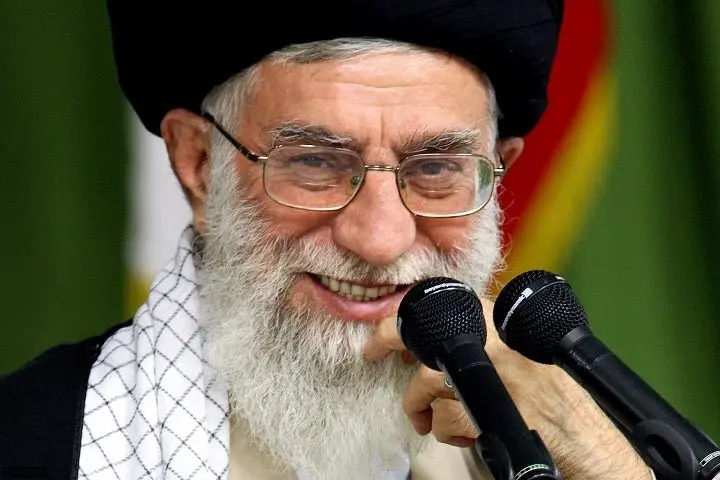
Iran’s bold promise of a world-shaking Great surprise on June 17, 2025, fizzled into confusion as no defining event occurred (photo: X-AFpost)
1. A Promise “Great Surprise” Echoed Across the Globe
On June 17, 2025, Iranian state media broadcast a chilling declaration: “Tonight, a great surprise will occur, one that the world will remember for centuries.” The cryptic message, delivered amid escalating hostilities with Israel, sent shockwaves through diplomatic circles and newsrooms worldwide. Analysts speculated everything from a nuclear test to a cyberattack or a major military offensive.
The timing was no coincidence. Israel had intensified its air campaign against Iranian military infrastructure, and U.S. forces were reportedly repositioning in the region. The world braced for a seismic event.
But as the sun rose over Tehran on June 18, the “ Great surprise” remained elusive. No singular, defining act had occurred. Instead, the region witnessed a continuation of the brutal tit-for-tat: Israeli airstrikes targeted Tehran’s Hakimiyeh district, home to a Revolutionary Guard base, while Iran launched over 400 missiles and drones at Israeli cities, killing 24 and injuring dozens.
2. Rhetoric vs. Reality: The Power of Psychological Warfare
The absence of a clear “surprise” has led many to believe that Iran’s statement was a calculated act of psychological warfare. In a conflict increasingly fought in the information domain, perception can be as powerful as action. By invoking the specter of a historic event, Iran may have aimed to unsettle adversaries, rally domestic support, or distract from internal vulnerabilities.
This tactic isn’t new. Throughout history, regimes under pressure have used bold proclamations to shift narratives. But in this case, the gamble may have backfired. Instead of awe, the world responded with skepticism. Social media erupted with memes and criticism, while military analysts questioned the strategic value of such a vague threat.
Meanwhile, the real-world consequences were anything but abstract. Israeli strikes reportedly killed General Ali Shadmani, one of Iran’s highest-ranking military officials. Fires raged in Tehran’s oil depots, and civilians fled neighborhoods near Mehrabad International Airport. The “surprise” may not have been a singular event, but the devastation was real.
3. Global Reactions and the Road Ahead
The international community responded with a mix of concern and confusion. The United Nations called for restraint, while the U.S. reiterated its support for Israel’s right to self-defense. President Trump, in a characteristically blunt statement, warned Iran’s Supreme Leader that the U.S. knew his whereabouts but had “no current intention to eliminate him, at least not for now”.
For Iran, the fallout is complex. Domestically, the regime may have succeeded in projecting defiance. But internationally, the lack of a tangible “surprise” risks undermining credibility. In a region where perception shapes policy, that could have long-term consequences.
As of now, the conflict shows no signs of abating. Both nations remain on high alert, and the risk of further escalation looms large. Whether Iran’s statement was a bluff, a misfire, or a prelude to something more remains to be seen.
Stay updated with the latest news on Rapido Updates. Keep yourself updated with The World, India News, Entertainment, Market, Gadgets, Sports, and many more..